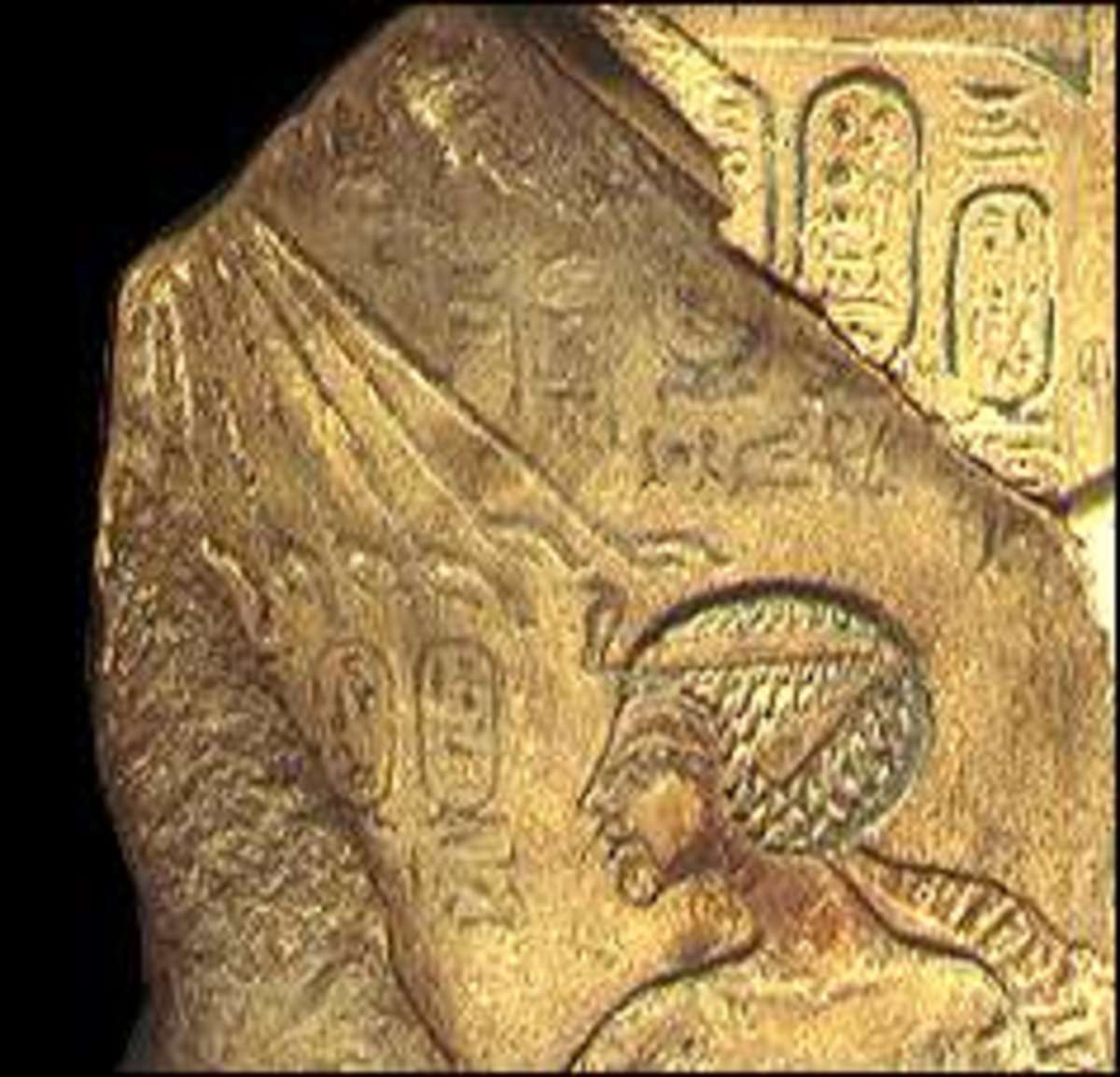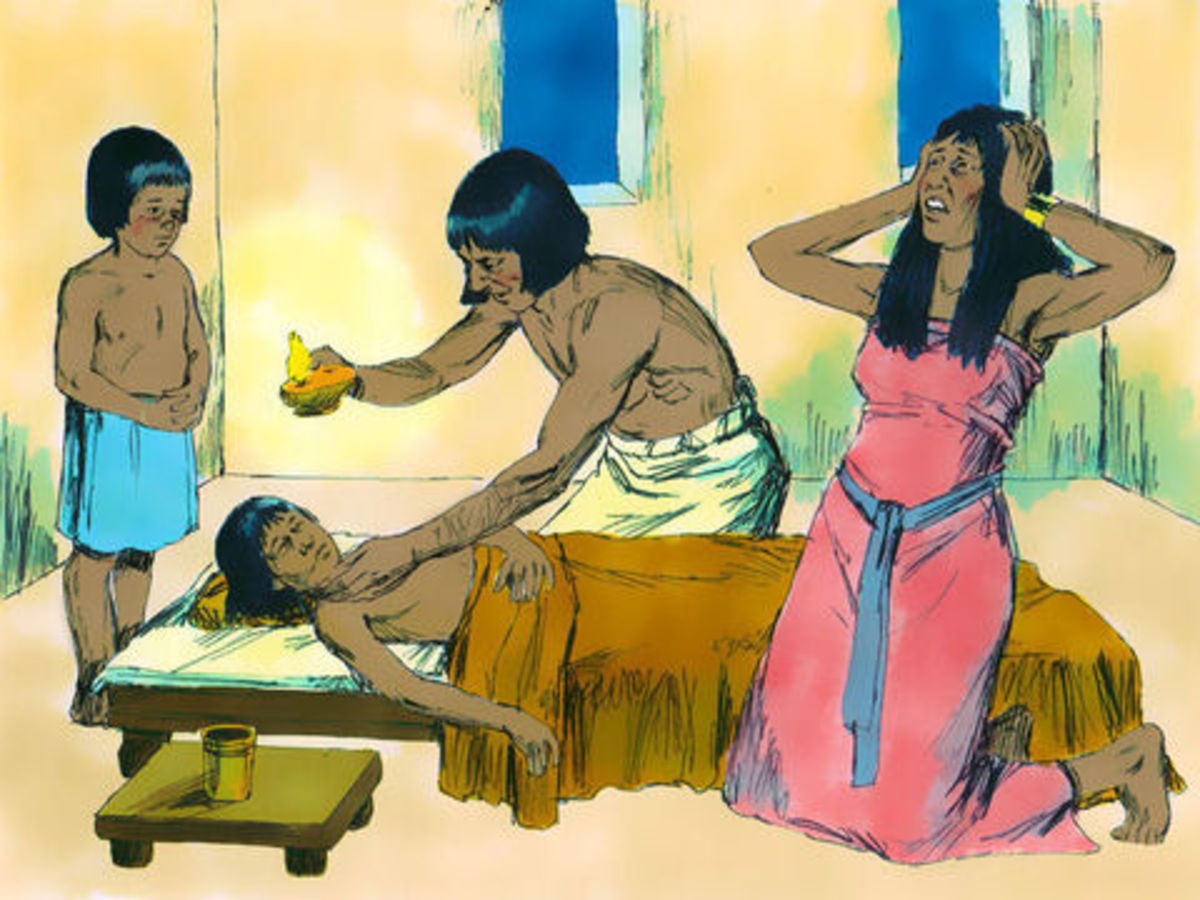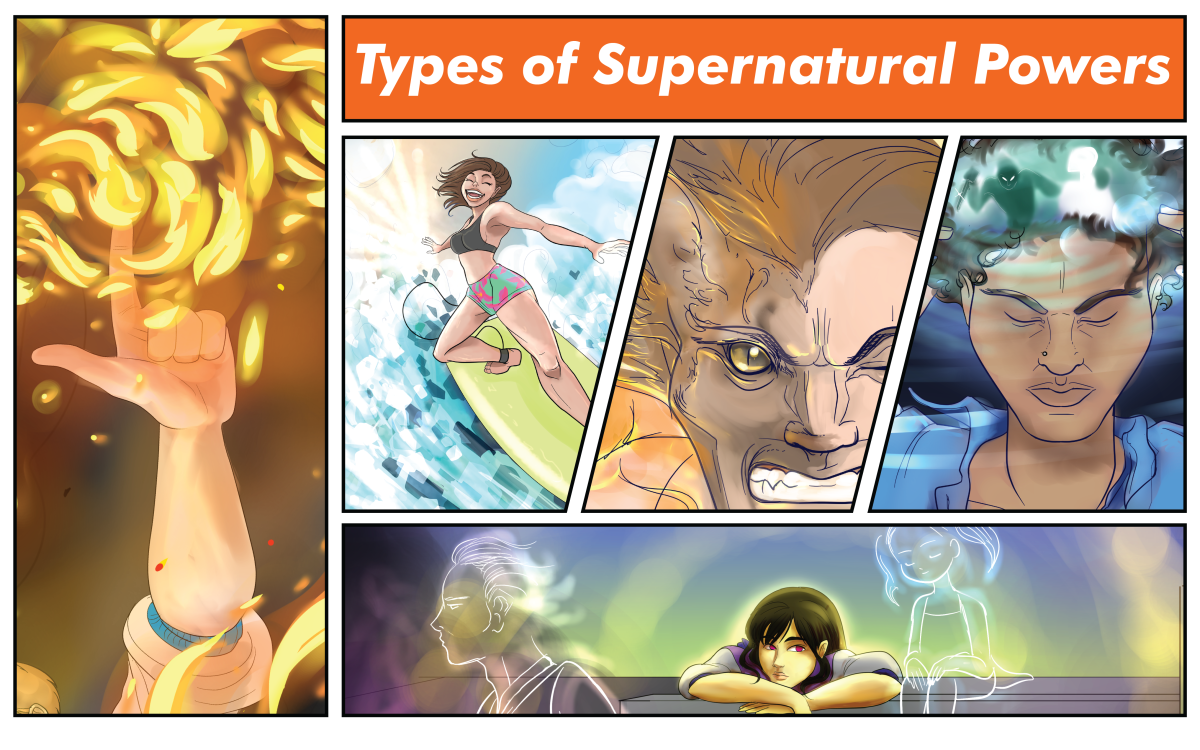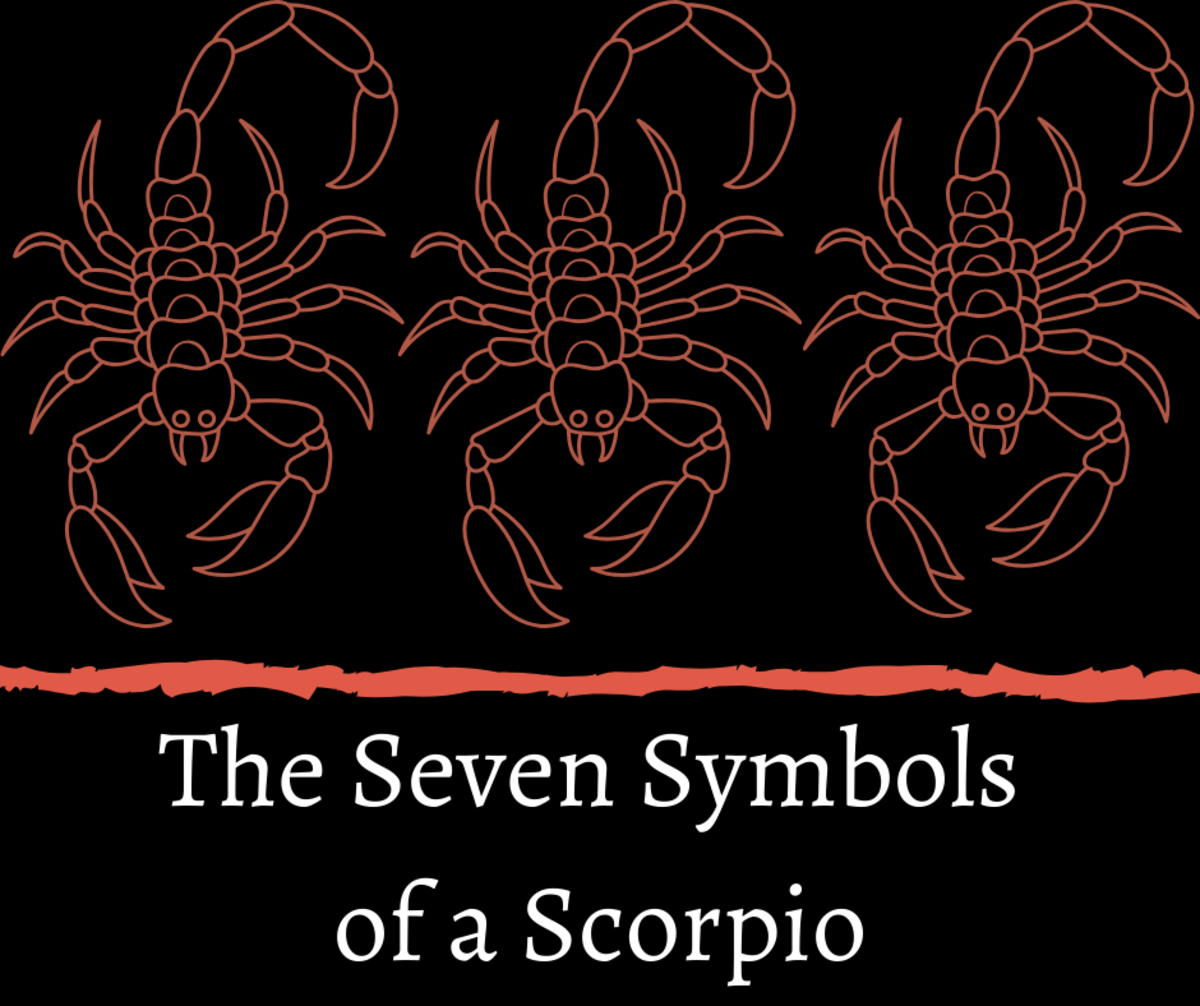Love thy Neighbor: We are all Khaled Said
The 21st century will be a crucial one for the world's religions since, like all institutions, they have to periodically remake themselves to survive. A hundred years from now, churches and the beliefs they espouse will be unrecognizable to us – even more than a congregation of a hundred years ago would wonder if they'd been teleported into a different universe if they found themselves witnessing a televangelist or a service in their local church – if it's still in use.
Christianity can no longer rely on wealth, influence and power to survive until the next century. In many ways, Christians should welcome the challenge but Christianity will require some fairly tectonic changes to survive, since it will have to compete in the arena of ideas in an increasingly secular Western world.
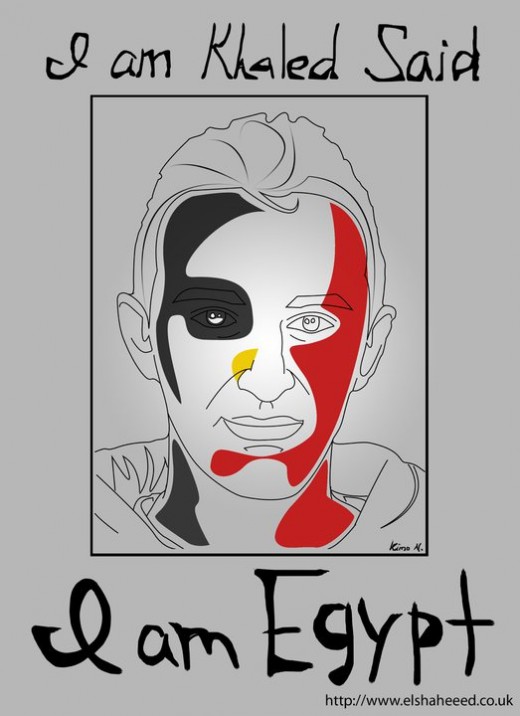
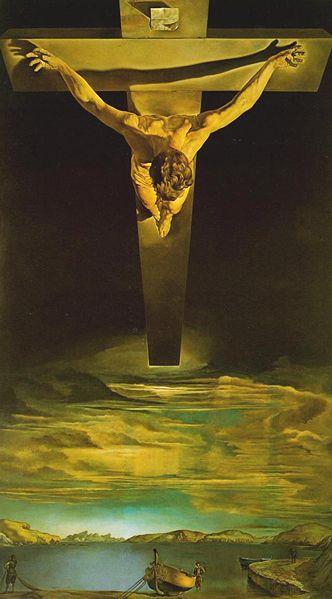

Metaphors stand the test of time and good metaphors, like some wines, improve with age. And most aphorisms too withstand time's erosive powers since human nature seems surprisingly constant. After twenty centuries of Christianity, there's little or no evidence that people are any less avaricious, violent or honest as a result! In some respects, it should be more depressing than remarkable that parables like The Good Samaritan are needed as much today as they were when first told.
However, I would argue that Christ's greatest contribution was the idea that was as revolutionary in his time as it is today – I'm talking of the notion of our duty to our neighbors and all of its implications. Again, it's almost Christ-like to stand ideas of The Old Testament on their head. The rather capricious and cruel God of vengeance and wrath would be remade as the God of Love. Again, we are reminded of Platonism with the ideal of love that man can only espouse to reach. It is man's job to do the best he can by attempting to mirror Christ's example of both love and sacrifice.
The break with The Old Testament is made manifest with the replacement of The Ten Commandments. Anticipating modern psychology, instead of giving a list of ten behaviors prohibited by God, Jesus tells us what we should rather than what we shouldn't do. "You shall love the Lord your God with all your heart and with all your soul and with all your might. And you must love your neighbor as yourself.”
Jesus's faith in the Golden Rule attests to both a rational mind and the belief that individuals will govern themselves well if they properly regard the other. It is a blindingly different approach to The Old Testament because the emphasis has shifted; the relationship is not about man following God's injunctions – it's about man loving not only God but others too. And the love is defined, clearly defined. It's pretty powerful stuff. And the love we extend to our neighbors is meant to be reflected in our behavior towards them. Behavior rather than words is how we see love manifested. By definition, good Christians are those who try to model their behavior on his example.
Again, Jesus must have had the story of Cain and Abel in mind since he gives an unambiguous answer to Cain's question:
“Am I my brother's keeper?”
“Yes, you are your brother's keeper!”
It seems to be the clear answer not only for Cain but for anyone interested in following Christ. And it's not about what we say or even pray – it's about how we behave towards both man and God. The message has shifted dramatically because now the emphasis is on showing one's love of God by reflecting it in our behavior to others.
As much as some wish to discount evolution, it applies to religions as much as it does to those who write them. And it is clear that Christ's ideas not only presented a leap forward in defining people's relationship with each other as a manifestation of their relationship to God but they pointed a way forward. The idea is most eloquently presented in the Power of Myth – and the conversation is worth repeating:
[Joseph] Campbell: “. . . Schopenhauer declares that in small ways you can see this (altruism) happening every day, all the time, moving life in the world, people doing selfless things to and for each other.
[Bill] Moyers: So when Jesus says, “Love they neighbor as thyself,” he is saying in effect, “Love thy neighbor because he is yourself.” (p. 139)
The suggestion is that religions supply us with the necessary metaphors to see into the very mind of God. When we make sacrifices to help each other, we serve and celebrate God. In much the same way that our need for Thors, Neptunes or Dianas to explain the universe and our place in it, the need for other gods will dissolve in the fullness of time. But whether that story is written or not may well rest on whether we've learned to love all of our brothers and sisters as we should.
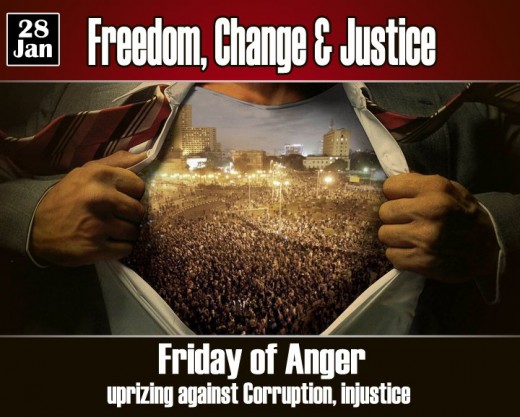
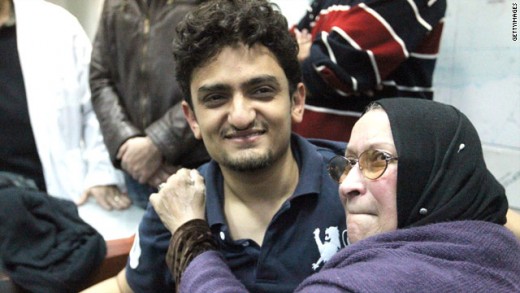
As I finished this article, I heard the story of Khaled Said, beaten to death by two corrupt policeman to cover up their corruption. He became a symbol for those in Egypt fighting against the repressive regime. A facebook page no better illustrates this article and its sentiments:
Wael Ghonim met Khaled Said's mother in Tahrir Square on February 8, 2011. Ghonim, is the Google Executive who organized opposition through facebook and emerged as a reluctant and modest hero after 12 days in police custody. He is responsible for creating the facebook page:
We are all Khaled Said.
And Wael Ghonim has been identified by by Ned Parker and Doha Al Zohairyas in the Los Angeles Times as " an impassioned but reluctant symbol of resistance."
The notion that you or I are individuals that are entirely separate from each other and the world becomes an increasingly difficult notion to defend scientifically or, even spiritually, if you like. ``No man is an island``; it is as true literally, as it recognizable as a literary truth; but true heroes live, and all too often die, articulating this idea in their behavior rather than words. We are not separate from the world or each other and we usually come closest to understanding it in metaphor. It is not surprising that John Donne articulated something of this in a meditation, (Meditation XVII), some four hundred years before the same insight is evoked in the beautiful metaphor of the song with the same title:
Yes, indeed:
We all are Khaled Said
Also, equally, the man who helped some of us remember we are all part of the same promontory.
We are all Wael Ghonim
The following is reprinted from his facebook page:
"Khaled Said, 28 years old, was tortured to death by 2 Egyptian Policemen in the street. The incident has woken up Egyptians to work against the systematic torture in Egypt and the 30 years running emergency law. We need international supporters to help us stand against Police brutality in Egypt. We invite you to support our cause. Join our facebook page: http://www.facebook.com/elshaheeed.co.uk to see how you can help."
February 11, 2011
Message posted on We are all Khaled Said facebook at just after 1:00 EST:
THANK GOD. THANKS TO ALL THOSE WHO DIED FOR US TO LIVE IN FREEDOM. THANKS TO ALL EGYPTIANS WHO SLEPT ROUGH IN TAHRIR, ALEXANDRIA AND EVERYWHERE. THANK YOU ALL ON THIS PAGE FOR YOUR SUPPORT & YOUR AMAZING GREATNESS & HELP. THANKS TO EVERYONE WHO CALLED HIS LEADER AND HIS REPRESENTATIVE. THANK YOU TUNISIA.
WE ARE ALLL EGYPTIANS. YOU ARE ALL EGYPTIANS. WE ARE ALL KHALED SAID
AFTERWORD
The story of We are all Khaled Said, that gave the notion of Internet Revolution a whole new
meaning, didn't end on February 11, 2011. As I write, Gadhafi's brutal
and heartless regime seems to be tottering and crumbling in a display of madness that seems a particular preserve of men who have held too much power too long. There
have been many Nobel Peace Prize recipients who seemed questionable
candidates at the time only to be proved unsuitable when judged from
a later perspective. Whatever ones view of Mark Zucherberg,
undeniably Facebook and Wael
Ghonim and the Egyptian people's inspired use of the new media led to
an almost bloodless and peaceful transition of a totalitarian regime;
Mark Zuckerberg and Wael Ghonim should be very serious candidates for
the Nobel Peace Prize and I make the argument in The
Jewel in Mark Zuckerberg's Crown. If Facebook's role is ignored as a main contender, it will be difficult to understand.
Altruism at Fukushima
Exactly a month later, on March 11, 2011 the Tōhoku earthquake and tsunami struck Japan and crippled the Fukushima nuclear power plant. Surrounded by anonymity, a couple of hundred men work on the plant to try and ensure that their fellow citizens and others are not exposed to any more radiation than necessary. I have written about them in Fukushima shows Altruism Possible and many of these men can be regarded as exemplifying the notion of willingly sacrificing themselves for the many.



